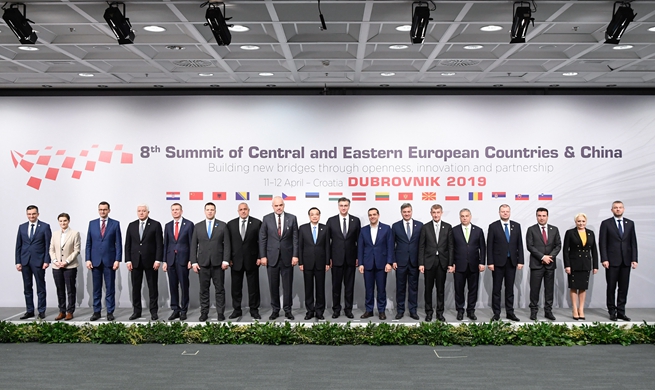BEIJING, April 13 (Xinhua) -- More than 60 percent of Chinese frown upon adults opting to live with their aging parents and on the latter's support in the name of offering companionship, a survey has shown.
Around 77 percent of the 2,002 respondents in the China Youth Daily survey report there have been such practices around them in which adults, who are not in education, employment or training, commonly known as NEET, are living off aging parents' support.
Residents in China's second-tier cities, or cities that immediately follow Beijing, Shanghai, Guangzhou and Shenzhen in terms of a city's relative development level, are more likely to do so, with the post-80s generation having the highest frequency, followed by the post-90s generation, according to the survey.
Some 63 percent of the respondents say it is unfilial for adult children to live with elderly parents and rely on the latter's support under the pretense of accompanying them as caregivers. The same proportion of the interviewees believe such actions reflect a NEET lifestyle and some grown-ups' reluctance to work. Some 30.3 percent, however, say that it is a reflection of the youth's life stress.
More than 50 percent think it is adult children's responsibility to spend time accompanying aging parents, but they should no longer spend parents' money.
As for reasons behind such practices, 58.2 percent of those polled blamed parents' failure to cultivate self-reliance in children, while 49.6 percent say some parents are willing to continue supporting their grown-up children to be with them.

















